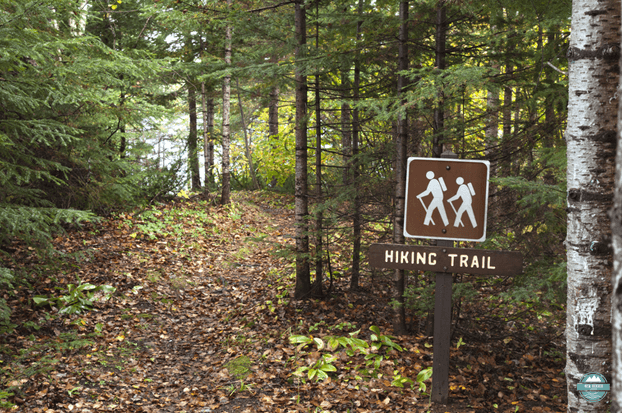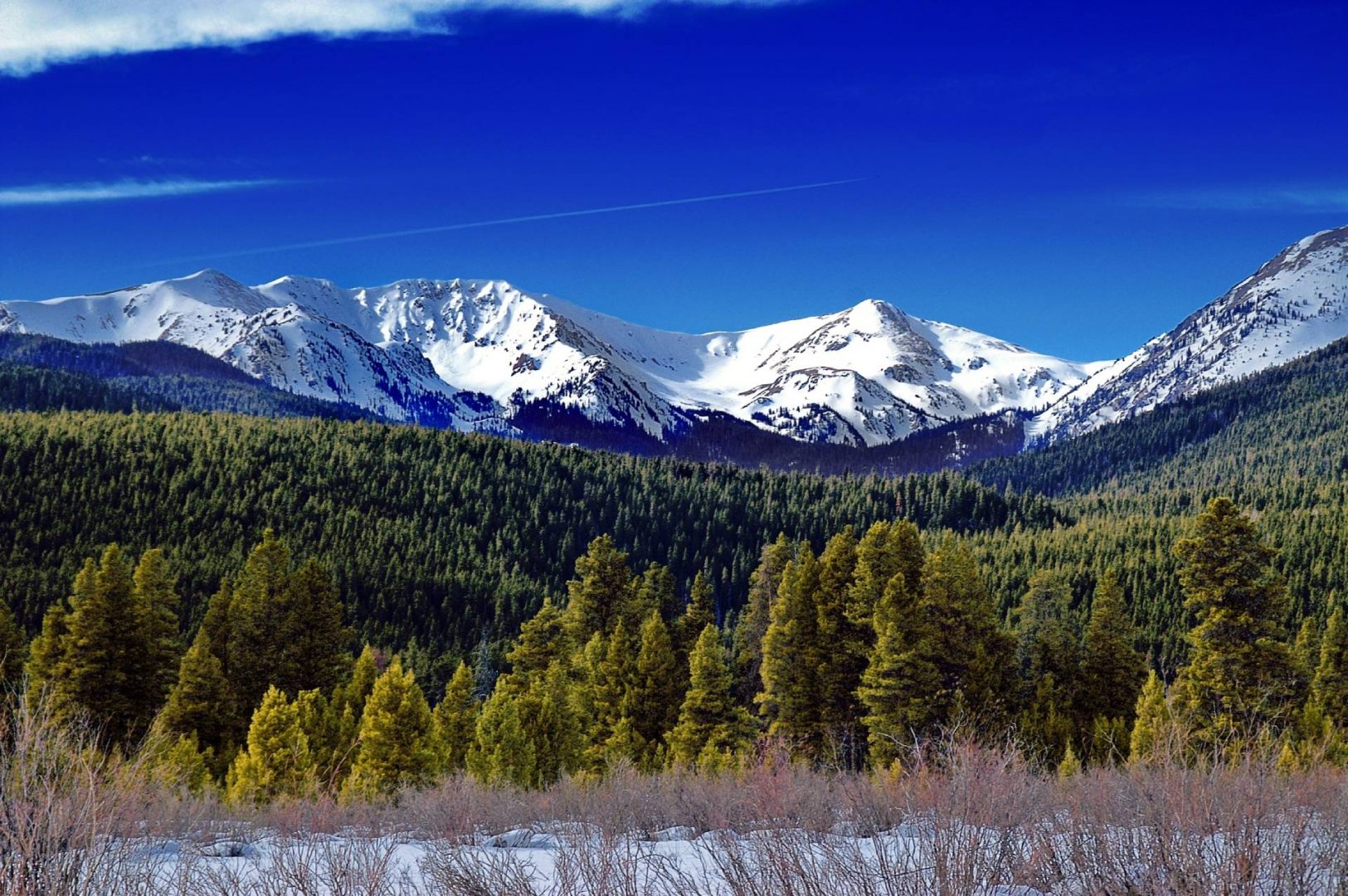If you’ve always wanted to go hiking but have never tried it, now is the time.
Hiking provides the opportunity to be immersed in nature and to experience breathtaking scenery that ordinarily you would not see from a car. Hiking is an opportunity to commune with nature, to be one with the environment, and perhaps most importantly, hiking may lead you to develop a profound respect for the environment.
Hiking is an opportunity to engage oneself with nature, get in a bit of exercise, and recharge one’s batteries. However, it can be intimidating for beginners, even though there’s not much to it. Hiking requires no special skills beyond the ability to walk and a sense of direction. This guide will provide essential tips for beginners to make your hiking experience safe and enjoyable.
What is Hiking
The Cambridge Dictionary defines hiking as “the activity of taking long walks in the countryside,” but it encompasses much more.
Hiking consists of systematic and planned walking in a natural setting, typically along hiking trails. These trails can traverse mountains, lakesides, forests, and deserts, among other terrains.
Additionally, it doesn’t need to be performed at a maximum effort or for an extended amount of time. We recommend that you plan your first hiking trail and determine what it means to you.
Common Types of Hikes
- Day Hike – The difficulty and technicality of a day hike can vary, but under normal circumstances, you should be able to complete it in a single day. For newbie hikers, these are usually the best trails to begin their exploration into the hiking world.
- Walks – Typically, “walk” refers to a short or moderate hike. If you’re new to hiking, this is a great option.
- Loop – A circular hike that begins and ends in the same place. Loop hikes are a lot of fun because they enable you to see something new no matter where you are on the trail.
- One-way Hike – Hiking from one point to another is a one-way trip. The hike may end at the endpoint, or you may return to the starting point by hiking backward.
- Summit Hike – The main goal of a summit hike is to reach the summit or a peak. This is not necessarily a terrible option for hiking for beginners because many smaller peaks are safe and easy to reach in a day.
List of Hiking Essentials For Beginners
Hiking Boots
Footwear is an essential item for any hiker but choosing your footwear is a highly personal decision. Over-the-ankle boots are preferred by some hikers, while others prefer lightweight trail-running shoes.
Hiking Backpack
A backpack with a total capacity of about 15-20 liters offers enough room for water, a few snacks, and a light layer of clothing for short hikes on trails close to home and days with good weather.
Water and Food
An excellent rule of thumb is to eat between 200 and 300 calories per hour for a beginner hiker, but this can vary greatly depending on the weather and terrain. A good starting point for water consumption is half a liter per hour of light activity in mild temperatures.
Head Torch
A standard head torch can be a lifesaver, particularly if you get lost or caught on the trail with darkness descending. A head torch is ideal for crossing tunnels or hiking through dense forests on a rainy day.
Knife
A pocket knife comes in handy for cutting plasters, and opening snack packages.
Mobile Phone
They are beneficial on hikes when taking pictures, utilizing map applications, listening to music, and calling for help if you get into an accident.
A Beginner’s Guide to Hiking Trails
1. Before deciding on a hike, it is necessary to investigate seasonal constraints. Ensure the trail is accessible and in good condition before planning your hiking expedition.
2. Check the forecast before leaving. Hiking for beginners is most enjoyable in sunny, warm weather. Avoid hiking in the rain, snow, or strong winds.
3. Ensure that you have ample time to complete the hike. It is always best not to rush your hiking experience. Outdoor activities are supposed to be relaxing. Allow time for breaks along the way, and proceed at a steady pace.
4. Research any necessary permits or trail logistics. Before starting the hike, conduct the necessary research. Find out the trails logistics and if there are any special permits required. Ensure that the trail you intend to hike, does not have any special permit requirements or complicated logistics.
5. Read up on navigation and parking. Read up on navigation and parking. Ensure that you know where the trail begins and that you have a recently published hiking guide that details how to find and navigate the hiking trails.
Tips on How to Start Hiking Safely
Outdoor safety is all about being well-prepared. Here are some basic hiking 101 safety precautions:
Bring a first aid kit.
A first aid kit can help you in treating injuries until you can get to a doctor.
Give a friend your itinerary.
Always ensure that someone outside your hiking group knows your whereabouts and how long you plan to be gone. Giving a friend outside the hiking group your itinerary will help people find you if you go missing.
Prepare ahead of time.
One essential tip for beginners is to plan before commencing the hike. Plan and familiarize yourself with the route, the difficulty level, and what equipment to bring.
Observe the weather.
Even a simple hike can become complicated if the weather is not cooperative. Of course, the weather can change quickly, so you should always check to see what is forecast and come prepared for sudden weather changes.
Keep hydrated.
Even on a short hike, always bring water with you. As a rule of thumb, always carry with you more water than you anticipate needing.
Leave no trace.
Leaving no trace should go without saying; you should be aware of your environmental impact and leave no evidence that you were out on the hiking trail. Make sure you don’t litter. Carry all of your trash back with you rather than leaving it littering the hiking trail.
Stay on the hiking path.
It can be tempting to venture off the beaten path and explore areas few have visited. However, hiking trails exist for a reason. They allow us to enjoy nature while reducing our impact on fragile environments, and hiking trails are a guiding path preventing us from getting lost.
Key Takeaway
Hiking is a wonderful way to spend time with nature, and it can be both therapeutic and gratifying at the same time. With some practice and by adhering to the tips and hiking information mentioned above, you’ll be able to conquer even the most challenging trails in no time.
Cap off your hiking trip at New Denver Lodge.
As a hiking newbie, you can safely experience the excitement of nature with the hiking 101 discussed above. To complete your adventure, stay at New Denver Lodge and enjoy its pristine location that’s truly ideal for your outdoor getaway.
With their first-class accommodation, friendly staff and relaxed yet professional atmosphere, your stay at New Denver Lodge could well be the highlight of your trip.







